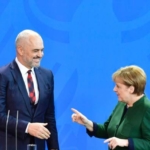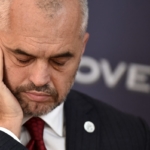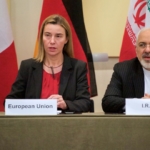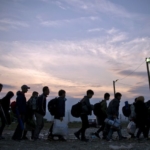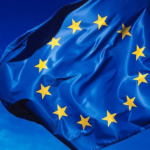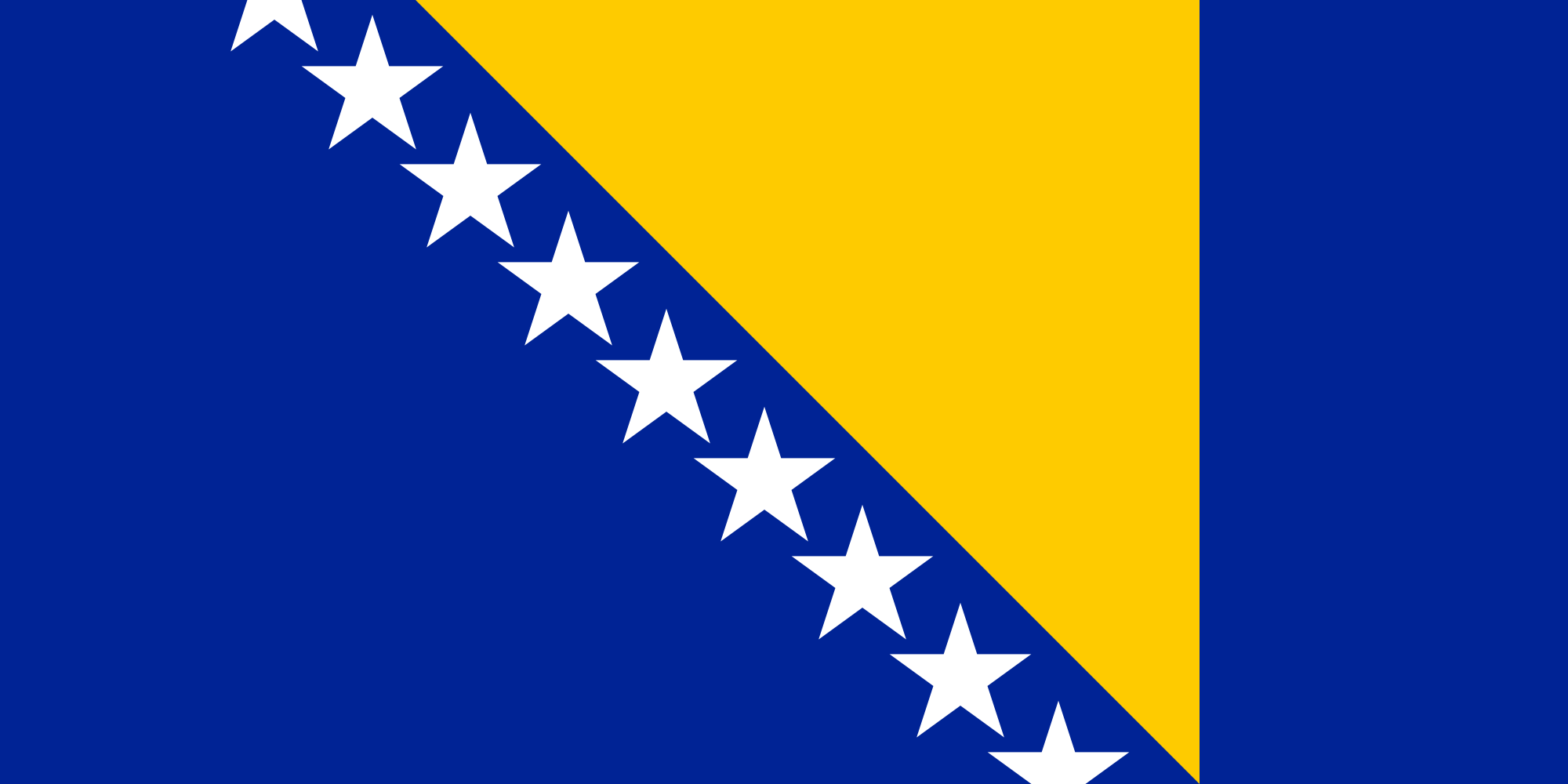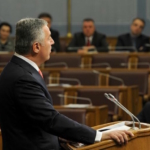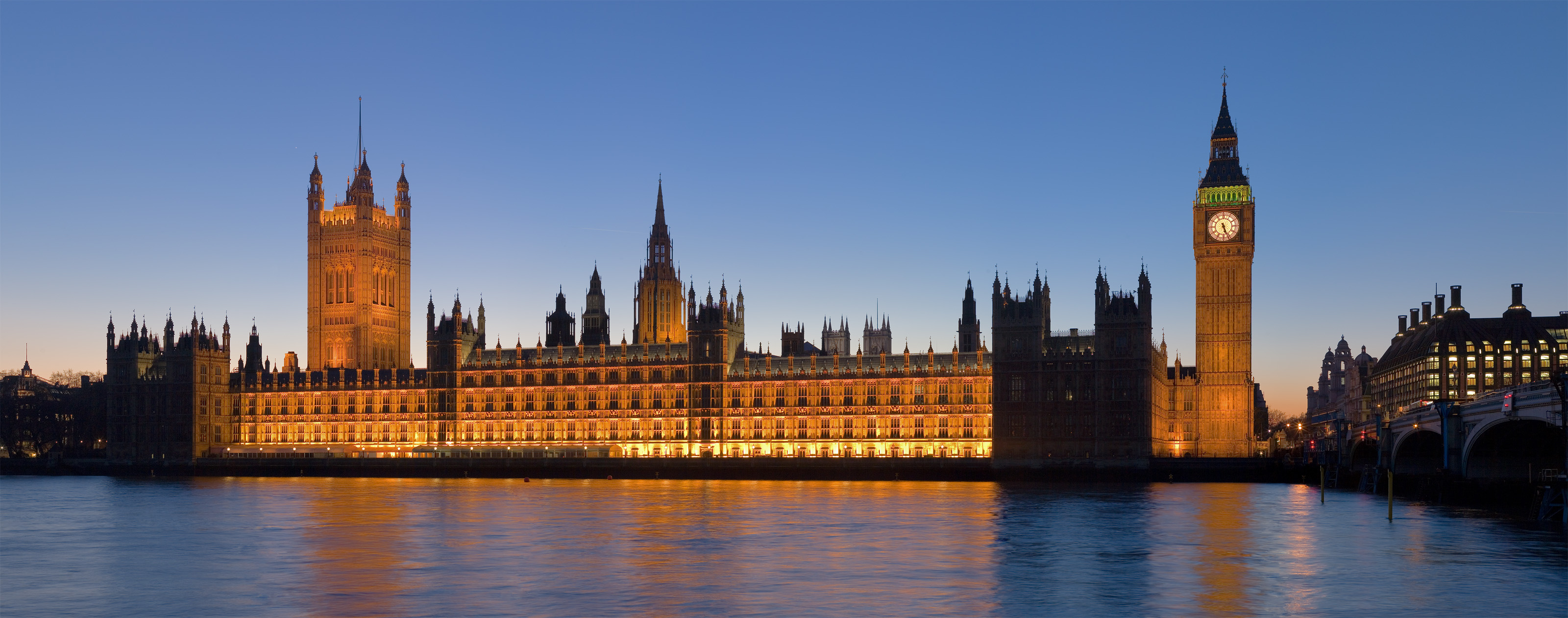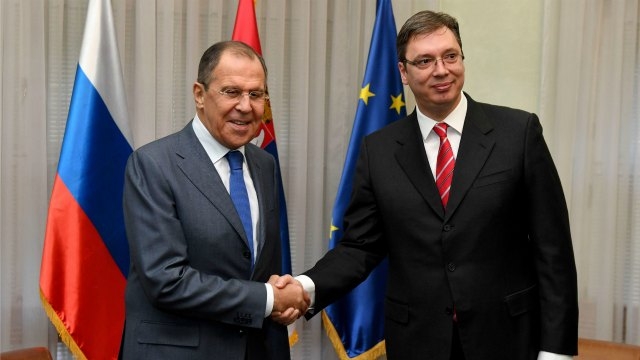EU integration: the Balkans follow the example of Albania

Successful reforms in Albania, highlighting justice reform in particular, make this country the best example for the countries in the region who want to advance on the path of integration.
This is how the international politics and business magazine “IntelliNews” writes, which during the analysis of the European perspective of the Western Balkan countries states that the EU has received solid achievements in its reform efforts and progress on the path of membership.
High Representative for Foreign Policy and European Commission Vice President Federica Mogherini are quoted as saying that “the EU needs this pro-European energy of Albania within the European Union”.
Johannes Singhammer of the Christian Social Union (CSU) in Bavaria knows Albania very well. For years, Bavaria and CSU have been engaged with Albania since the country was first projected as a potential candidate for EU membership in 2000: he said that Albania is a secular country, where different religious communities live in harmony with one another. Finally he underlined that the country is a full member of NATO since 2009 and is now a consolidated part of the values of the Western community, adding that Albania is actively participating in security operations in line with the common foreign and security policy of the EU and currently has a presence in Mali and Bosnia and Herzegovina.

